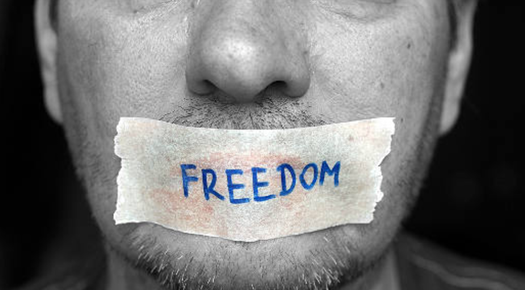
In dozens of countries around the world, laws against apostasy and blasphemy remain on the books and often are enforced. Pakistan is one of 12 of the 50 countries in the Asia-Pacific region (24%) that had blasphemy laws in 2014, according to a Pew Research Center. The interior minister, Chaudhry Nisar Ali Khan, said that people from Pakistan’s Washington embassy have approached the two social media companies in an effort to identify Pakistanis, either within the country or abroad, who recently shared material deemed offensive to Islam. He added that Pakistani authorities had already identified 11 people for questioning over alleged blasphemy and would seek the extradition of anyone living abroad.
Facebook said it reviews all government requests carefully, “with the goal of protecting the privacy and rights of our users”. Mark Zuckerberg, the company’s chief executive, said that Facebook would ask users all over the world to vote on what sort of content they found acceptable to see on their social media feeds. Twitter stayed silence about this request.
Apostasy is the act of abandoning one’s faith, including by converting to another religion. Many religious groups and some states punish apostates; this may be the official policy of the religious group or may simply be the voluntary action of its members. Such punishment may include shunning, verbal abuse, physical violence, or even execution. Blasphemy is the act of insulting or showing contempt or lack of reverence to a deity, to religious or holy persons or sacred things, or toward something considered sacred or inviolable.
A Pew Research Center analysis from 2014 finds that about a quarter of the world’s countries and territories (26%) had anti-blasphemy laws or policies, and that more than one-in-ten (13%) nations had laws or policies penalizing apostasy. The legal punishments for such transgressions vary from fines to death.
According to the Pew Research Center analysis, in Pakistan, blasphemy statutes have their origins in the country’s colonial past, when British rulers first introduced penalties for insulting any religious beliefs. These laws remained in effect after Pakistan’s independence in 1947 and have since increased in severity. In some religions and states blasphemy is considered as a religious crime; for instance, it is a capital crime in Pakistan and it shows how serious the government is about implementing this law. The problem is that they don’t wait for someone to accuse someone else for a crime against religion. They are actively looking for blasphemers and they look everywhere.
Photo Credits: Indian Folk
